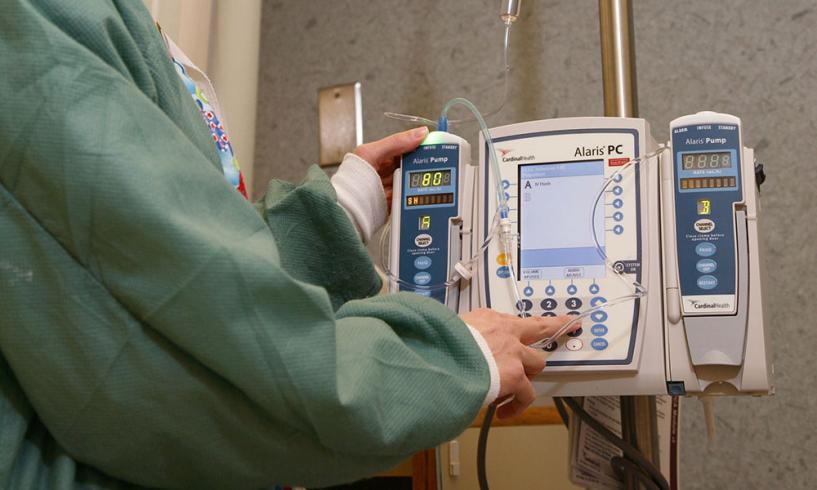Investigational drug approval usually takes a long time under the rigorous testing process established by the U.S. Food and Drug Administration (FDA). The process is meant to protect patients from possibly useless drugs or drugs that might worsen their condition while providing access for seriously ill patients, such as those with cancer, seeking investigational treatment that may be their only survival option.
States With Right-to-Try Law Passed
Arizona, Alabama, Arkansas, Colorado, Florida, Illinois, Indiana, Louisiana, Michigan, Missouri, Minnesota, Montana, Nebraska, Nevada, North Carolina, North Dakota, Oklahoma, Oregon, South Dakota, Tennessee, Texas, Utah, Virginia, Wisconsin, and Wyoming
States With Right-to-Try Law Pending
Alaska, California, Connecticut, Delaware, Idaho, Iowa, Kansas, New Hampshire, New Jersey, New York, New Mexico, Maine, Maryland, Massachusetts, Ohio, Pennsylvania, Vermont, and Washington
Although only approximately 1,000 patients seek access each year, the FDA approval process for compassionate (expanded) use of investigational drugs has attracted criticism and political attention. As a result, since passage of the first legislation in Colorado in 2014, 25 states now have right-to-try legislation. The laws differ by state, but the overall goal is to give terminally ill patients the right to try investigational drugs by bypassing the FDA. Other states have similar legislation pending.
The FDA does not approve compassionate use; drug companies provide approval at their discretion, but they have done so for just 86 of the 32,304 clinical studies available on ClinicalTrials.gov. Manufacturers’ restriction of availability of investigational drugs because of cost, product supply, and other factors has been inaccurately attributed to the FDA, leading to the introduction of state right-to-try legislation.
However, critics of right-to-try laws believe that the laws are misguided and raise a number of legal, ethical, and safety concerns. The most serious concern is circumventing FDA oversight protections by eliminating the requirement for FDA approval. Also, laws mandate patients’ right to ask with no obligation for drug companies to act, raising doubts about effectiveness.
What Does This Mean for Oncology Nurses?
It is important for oncology nurses to understand some of the features of the specific right-to-try law enacted in their state, including how the legislation addresses patient eligibility, drug requirements, informed consent requirements, physician protections, and drug manufacturer protections. In states with pending legislation, oncology nurses should advocate for or against legislation that is in the best interests of patients and professionals. Oncology nurses can help guide patients who might seek compassionate or expanded use treatment options according the specific legislation.






